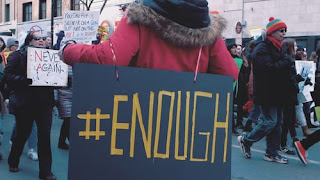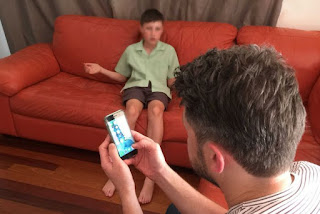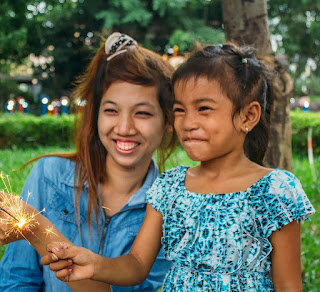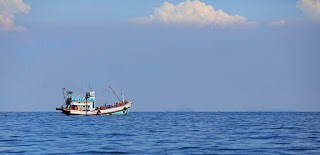The future of work as the digital disrupts
Australian students are continuing to slide in international performance tables, with ACT students going down about as fast as (but typically still doing better than) those in the rest of Australia. The Organisation for Economic Co-operation and Development conducts its Program for International Student Assessment (PISA) survey of performance in reading, maths and science every three years. It finds that although the performance of Australian students is close to the OECD average, unusually among developed countries, Australia's performance has been getting worse over time. Should it worry us? That depends partly on what we think will be needed for living in and surviving the rest of the century. There's no necessary reason to think it will be maths and science as we've known them. Machines might do those things for us. But a mid-year report by Deloitte Access Economics finds employment has been growing fastest among the least routine jobs, the ones that machines ca











